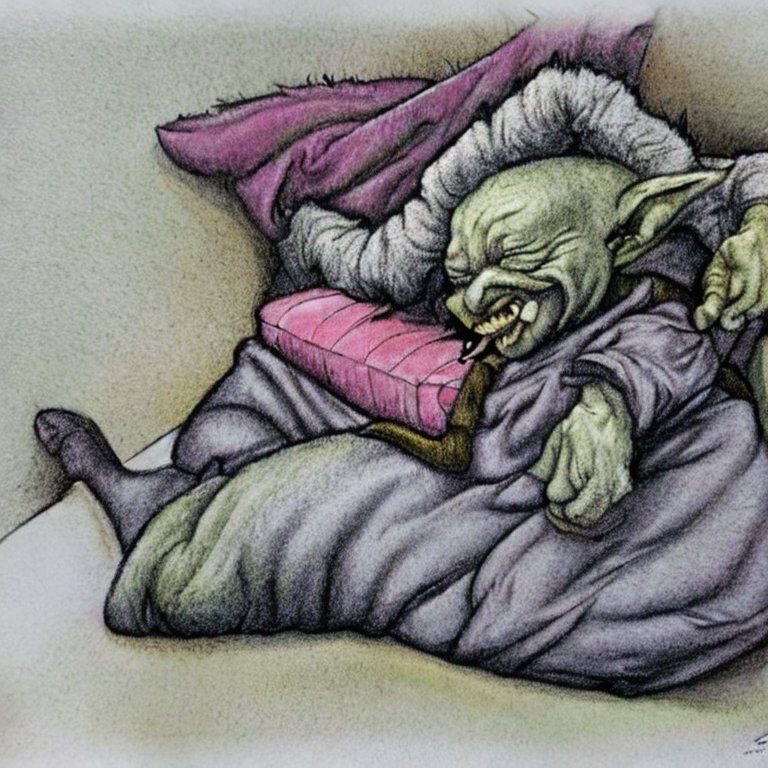Are you a couch potato? The weird thing is that you could both answer “Who isn’t, these days?” and “None of us is anymore!”. And you’d be right both ways. Why is that? Well, come with me on this tour of the “how things worked back then and how they changed now” and see for yourself. Do you know the origin of this slang term? Well, let’s sit comfortably on our couch and learn more about this, between one episode of our favourite TV show and the next…
Meaning
What exactly is a couch potato? It’s a person who spends a lot of time sitting or lying down, often watching television, eating snacks or drinking alcohol. A couch potato is extremely idle or lazy and inactive, does not exercise or have any interesting hobbies: they just choose to spend most of their leisure time horizontal in front of the TV and eat mainly junk food.

Ok, but what’s the relationship between laziness and potatoes? It all started with a pun on the second element of the American slang term boob tuber, related to someone spending too much time watching television: boob means “stupid” in American slang, and tuber is both a person who watches TV and another word for potato, so from tuber to potato it’s a short step. Other words associations lead us to think that, since potatoes belong to the vegetable world, someone leading a very lazy, uneventful life is closer to some sort of vegetative state. Moreover, potatoes’ shape suggests chubbiness, thus implying being overweight because of junk food and lack of physical exercise.
Nowadays smart working, Covid and Netflix & Co. definitely did the trick: we spend more and more time at home or watching a screen, both for leisure activities and for work, and governments have even praised their nations’ couch potatoes during the pandemic. However, this term is now less used than it was in the past: why is that? Well, because life has changed, and sitting in front of a screen is no longer a symptom of being inactive. We’ll get there, don’t worry, but in the meantime let’s take a look at some examples.

Her boyfriend is an underachieving couch potato.
I’m your typical Aussie couch potato. My plate is full with a nine-to-five square-meal day job, followed by a seven-to-twelve TV binge session. Needless to say, my existence is mostly ordinary.
Can someone exercise and still be a couch potato?
Origin
The first couch potato was named and affectionately shamed in Pasadena, California, in 1976, when Tom Iacino, an illustrator and designer, made a phone call to his TV loving friend Robert Armstrong, a cartoonist. According to an interview Iacino gave to Bon Appétit in 2014, Armstrong’s girlfriend picked up, and Iacino asked, “Hey, is the couch potato there?”. When she looked over and actually found him on the couch, she cracked up. Armstrong soon asked his friend to trademark that unplanned, brilliant coinage, and in 1979 they took part in an alternative parade, the Doo Dah Parade, with a floating showing a floor with a couple of couches on it. In 1983, Armstrong and the writer Jack Mingo published “The Official Couch Potato Handbook,” a sort of ironic hymn to slouching proudly in front of the TV, taking a stand against Californian healthy lifestyle in the 70s. Armstrong even created a newsletter called The Tuber's Voice that went into many editions.

Couch potatoes of all sorts have since then crowded our cultural imagination, up to our beloved Homer Simpson, the quintessential TV junkie/junk food enthusiast. Check out this brilliant humorous rendition of “The Shining”, where Homer replaces the “All work and no play makes Jack a dull boy” mantra with his own “No TV and no beer make Homer go crazy” and only gets a grip when he’s shown a small, handheld television set:
However, things have changed since then: these days we’re expected to be constantly slouching in front of a screen, checking our business emails, having conference calls with our boss and colleagues, online classes or medical examinations, so sitting on the couch or at a cafe in front of our laptop, tablet or smartphone is not seen as a sign of our lazy attitude but, on the contrary, of a very active overachiever. We can watch an episode of our favourite series between a conference call and an online research for our next article, thus providing a moment of distraction from our concerns or a great way to compensate for the exhausting commuting journeys.
Ludwig’s wrap up
A couch potato is a slang term indicating a lazy person wasting too much time on television. This idiom came up in the late Seventies and was born as a humorous reaction to the healthy Californian lifestyle. It’s been used with a negative shade until more recent times, but now it’s less used than before: why is that?

Because our attitude towards work and screens has changed: we are now more and more multitasking, checking emails and notifications while looking for the perfect laptop case on some ecommerce platform and streaming our favourite music, whereas the old days couch potato was almost vegetative in its inertness. While those days watching too much TV was considered shameful, constantly checking our mobile devices screens has now turned into the archetype of professionalism, and TV is now a thing with our jittery digital life. If back in the Eighties or Nineties TV was a safe haven after a working day, now it’s something that provides a brief moment of pause during an endless working time when you happen to receive work email at night and so on. Even binge-watching is not the same as good old TV: ceaseless digital consumption has now replaced the Simpsons' attitude towards watching TV on the couch.







